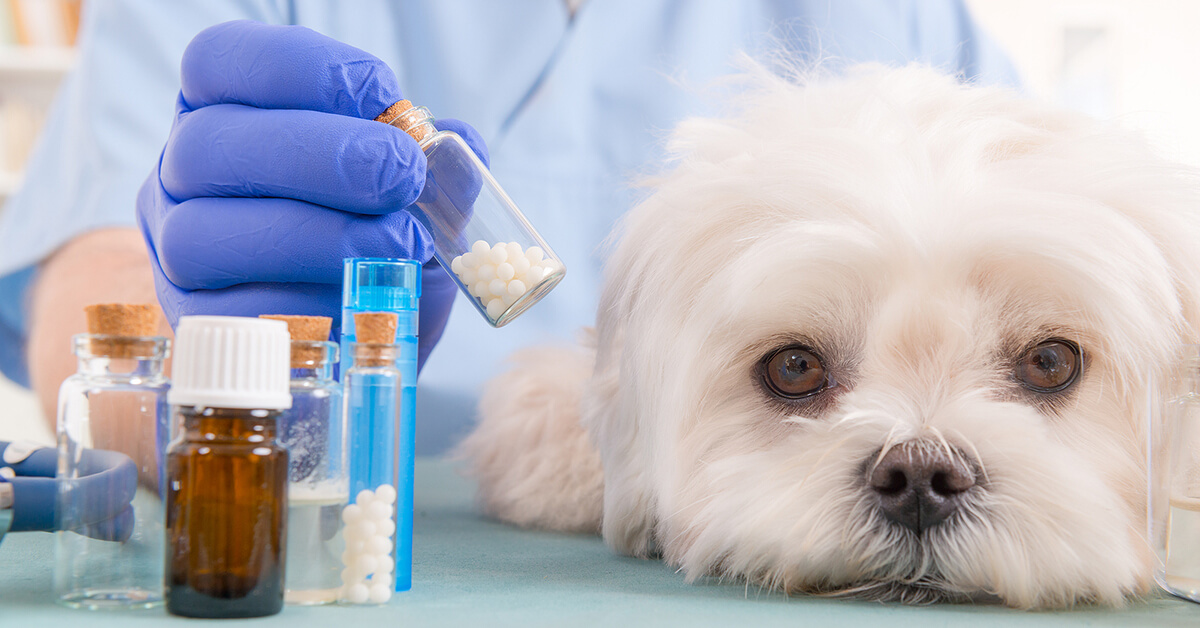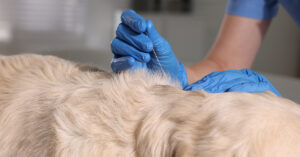Herbal therapy, an ancient practice that harnesses the healing properties of plants, is gaining traction in veterinary medicine as a gentle and practical approach to supporting the well-being of pets. This blog explores the principles of herbal therapy for puppies and kittens, emphasizing its safety, efficacy, and the gentle start it provides for young animals. The central thesis of this guide is that herbal therapy, when administered correctly, offers a safe and natural alternative to conventional treatments, promoting overall health and wellness in puppies and kittens.
Understanding Herbal Therapy
Herbal therapy, also known as phytotherapy, involves using plant-based remedies to treat various ailments and support overall health. These remedies can include leaves, flowers, roots, and seeds of medicinal plants, prepared in forms such as teas, tinctures, extracts, and capsules. The practice is based on the understanding that plants contain bioactive compounds that can exert therapeutic effects on the body.
Benefits of Herbal Therapy for Young Animals
Puppies and kittens, with their developing immune systems and sensitive physiology, can particularly benefit from the gentle nature of herbal therapy. The primary advantages include:
- Natural Healing: Herbal remedies assist the body’s healing processes without the side effects often attributed to synthetic drugs.
- Boosting Immunity: Herbs such as Echinacea and Astragalus can enhance the immune system, helping young animals resist infections and illnesses.
- Digestive Health: Gentle herbs like chamomile and ginger can soothe digestive upsets, common in puppies and kittens.
- Stress Reduction: Adaptogenic herbs like valerian root and chamomile can help reduce anxiety and stress, promoting calmness in young pets.
- Skin and Coat Health: Herbal remedies like calendula and neem can improve skin health, addressing itching, dryness, and minor infections.
Safety and Precautions
While herbal therapy is generally safe, it is crucial to address it with caution, especially when dealing with young animals. Here are vital considerations to ensure safety:
- Consultation with Laguna Beach Veterinary Medical Center: Always seek guidance from a holistic veterinarian experienced in herbal medicine. The Laguna Beach Veterinary Medical Center professionals can provide custom recommendations based on your pet’s needs and health status.
- Quality of Herbs: Use only high-quality, organic herbs to avoid contamination with pesticides or other harmful substances.
- Proper Dosage: Young animals require carefully calculated doses based on weight and age. Overdosing can lead to adverse effects.
- Monitoring and Adjustments: Regularly monitor your pet’s response to herbal therapy and make necessary adjustments with your veterinarian.
Common Herbs for Puppies and Kittens
Here are some commonly used herbs in veterinary herbal therapy for young animals, along with their benefits:
- Echinacea: Enhances immune function and helps fight infections.
- Chamomile: Soothes digestive upsets and reduces anxiety.
- Ginger: Alleviates nausea and supports digestive health.
- Calendula: Promotes skin healing and reduces inflammation.
- Valerian Root: Calms the nervous system and reduces stress.
How to Administer Herbal Remedies
Administering herbal remedies to puppies and kittens requires careful consideration of the form and method of delivery:
- Tinctures and Extracts: These concentrated forms can be added to the pet’s water or food. Ensure the tincture is alcohol-free and designed for veterinary use.
- Teas: Mild herbal teas can be prepared and offered as a drink or mixed with food. Ensure the tea is cool before serving.
- Topical Applications: Herbal ointments or poultices can be applied to the affected area for skin issues.
Integrating Herbal Therapy into Holistic Care
Herbal therapy should be part of a comprehensive approach to holistic veterinary care. This includes a balanced diet, regular exercise, proper grooming, and routine veterinary check-ups. By integrating herbal remedies into your pet’s overall care plan, you can support their health and well-being naturally and gently.
Conclusion
Herbal therapy offers a promising and gentle approach to supporting the health and well-being of puppies and kittens. By understanding its principles and benefits and ensuring safe and proper administration, pet owners can harness the healing power of plants to promote a healthy start for their young companions.
If you want to explore herbal therapy for your pets, contact us at Laguna Beach Veterinary Medical Center to schedule a consultation with our experienced holistic veterinarians. We are committed to providing safe, natural, and effective care for your furry family members.
At Laguna Beach Veterinary Medical Center, our veterinarians specialize in integrative medicine, combining both holistic and conventional treatment methods to ensure your pet receives comprehensive care. With certification and training in traditional and advanced holistic veterinary practices, our professionals deliver compassionate and unique healing techniques.
Call (949) 464-1000 to schedule an appointment with Dr. Cohen or Dr. Kruger today.



